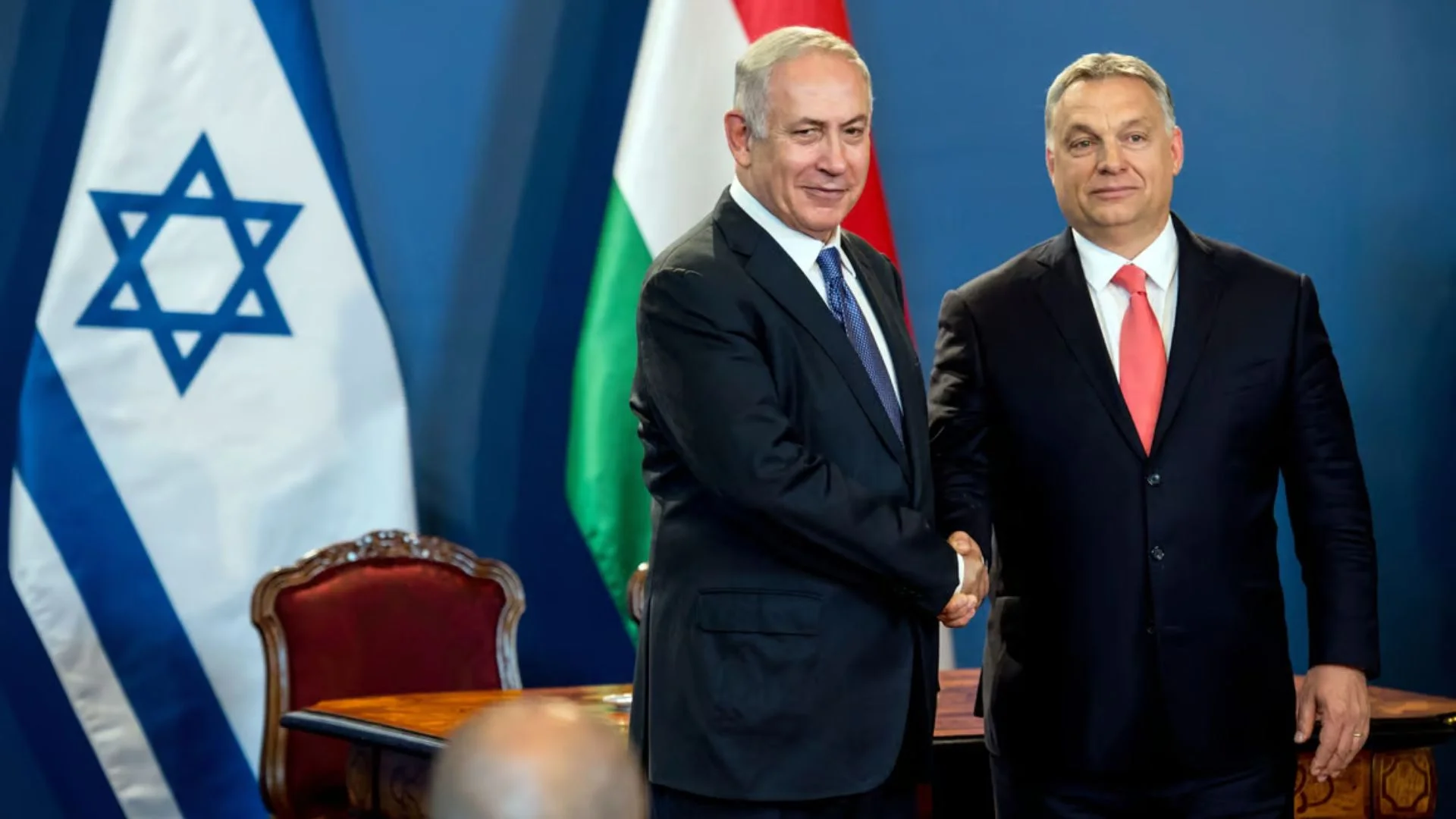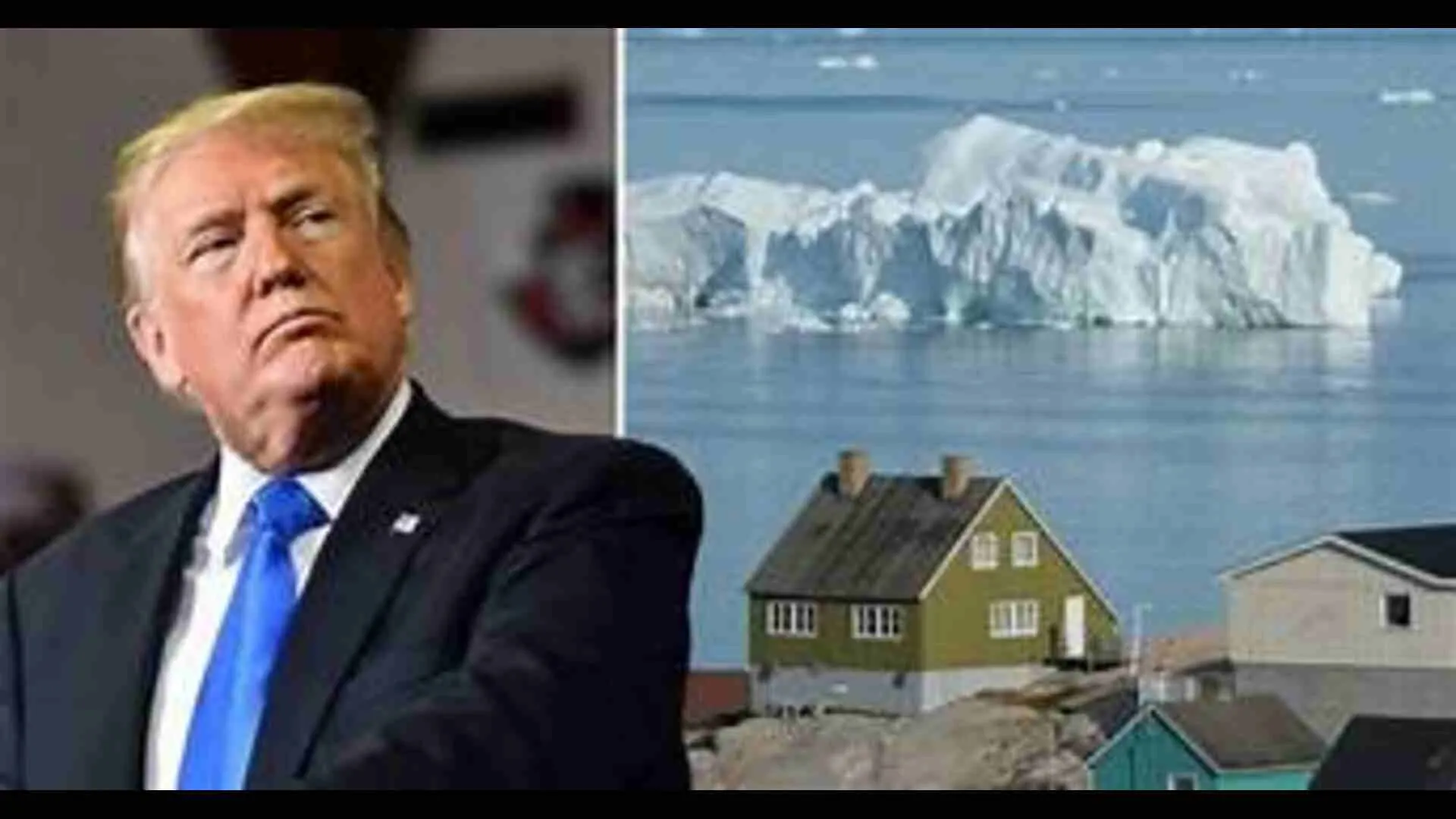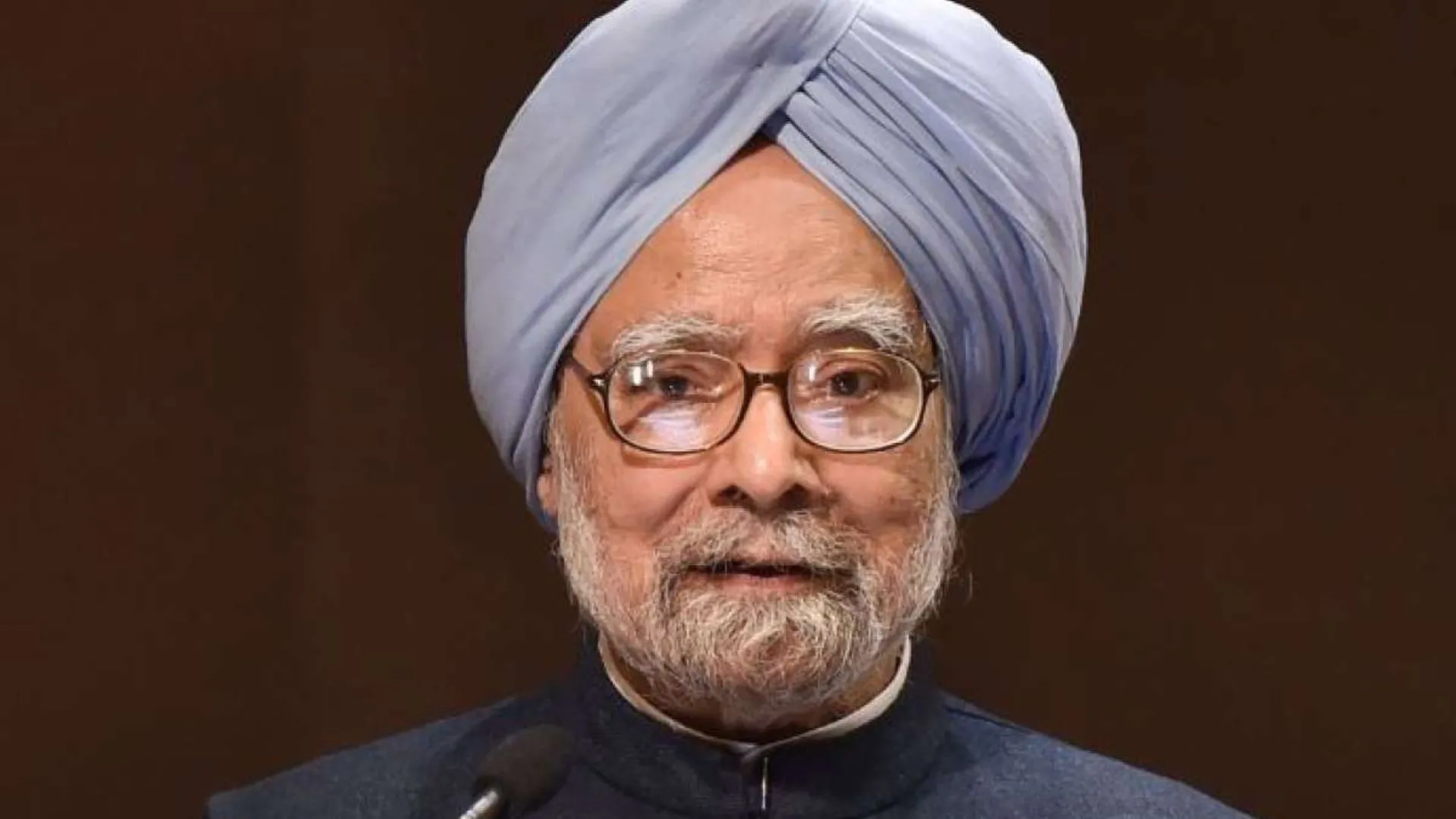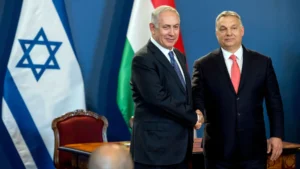Hungarian Prime Minister Viktor Orbán has extended an invite to Israeli Prime Minister Benjamin Netanyahu to Hungary, despite the recent issuance of an international arrest warrant against Netanyahu by the International Criminal Court (ICC). The warrant, issued on Thursday, also targets former Israeli defense minister Yoav Gallant and Hamas commander Mohammed Deif, alleging them of ‘war crimes’ and ‘crimes against humanity’.
Orbán, has previously expressed defiance toward the ICC, refusing to arrest Russian President Vladimir Putin despite a similar warrant, called the court’s decision “outrageously brazen” and “cynical.” He declared that Hungary would not comply with the ICC’s terms, ensuring Netanyahu that he would not be arrested if he visits.
The ICC’s decision to issue arrest warrants against leaders of a democratic country has divided global opinion. Netanyahu and Gallant face potential arrest if they travel to any of the 124 countries that are signatories to the Rome Statute, including EU nations, Canada, and Australia. However, they are free to visit countries that are not signatories, such as the US, China, India, and Russia.
While Hungary has refused to act on the warrants, other European nations have pledged to comply. Spain, Ireland, and Switzerland have confirmed they would arrest Netanyahu if he visits, while Germany, France, and Norway have yet to clarify their stance. US has rejected the ICC’s decision, and Israel has condemned the warrants as “absurd” and “antisemitic.”
This divide highlights the tension between upholding international law and the political and diplomatic considerations surrounding conflicts like the ongoing violence in Gaza.













